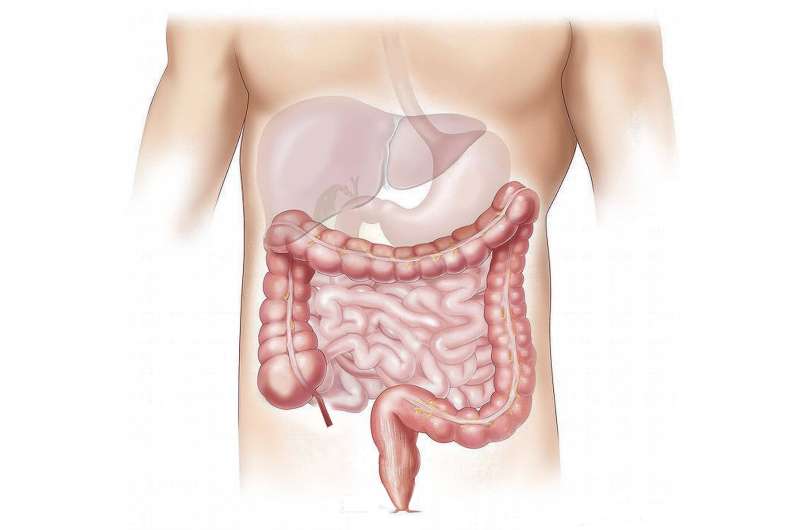Blocking Cell Death Receptor Promotes Mucosal Healing in Inflammatory Bowel Disease

A recent study identifies that inhibiting the TMEM219 cell death receptor can enhance mucosal healing in inflammatory bowel disease, offering new therapeutic prospects.
A groundbreaking international study led by researchers from Boston Children's Hospital, in collaboration with the University of Milan, has uncovered a promising new approach to treating inflammatory bowel diseases (IBD). The research focuses on inhibiting the activity of the death receptor TMEM219, which has been shown to negatively impact intestinal healing.
The study demonstrates that pharmacological blockade of TMEM219 using a recombinant protein based on its extracellular domain can preserve the self-renewal capacity of intestinal stem cells. This intervention prevents the cell death typically induced by TMEM219 activation, thereby supporting mucosal regeneration and preventing colitis development in mouse models.
Further validation through genetic inhibition of TMEM219 on intestinal stem cells, specifically those expressing LGR5, confirmed its role in restoring mucosal integrity. The findings suggest that overactivation of TMEM219 contributes to intestinal stem cell death and impairs mucosal healing during inflammation states, such as in IBD.
Paolo Fiorina, the study’s lead researcher, explains that TMEM219 signaling influences the fate and survival of intestinal stem cells, which are essential for mucosal regeneration. Dysregulation of this pathway appears to hinder healing in IBD patients, especially those who do not respond to current therapies. By targeting TMEM219, new treatments could enhance mucosal repair and potentially reduce the need for surgical interventions.
The research builds on previous findings regarding the IGFBP3/TMEM219 pathway, initially studied in the context of diabetes and pancreatic beta cell preservation. This new evidence indicates that TMEM219 signals also play a critical role in intestinal health, revealing a novel mechanism underlying colitis.
Fiorina emphasizes that restoring the self-renewal capabilities of intestinal stem cells could dramatically improve outcomes for patients with IBD, especially those suffering from recurrent inflammation or refractory disease. This approach opens the door to innovative therapies aimed at modulating stem cell survival pathways, ultimately promoting mucosal healing and disease remission.
Published in the Journal of Clinical Investigation, this research paves the way for future clinical studies and the development of targeted treatments that may transform IBD management and improve quality of life for affected individuals.
Stay Updated with Mia's Feed
Get the latest health & wellness insights delivered straight to your inbox.
Related Articles
Exploring the 'Speech Gene' FOXP2 as a Potential Treatment for Huntington's Disease
Scientists uncover how FOXP2, the 'speech gene,' naturally prevents harmful protein clumping, paving the way for innovative treatments for Huntington's disease and other neurodegenerative disorders.
Innovative Radiation Therapy Shows Potential in Treating Severe Heart Rhythm Disorders
Stereotactic radiation therapy shows promise as a safer, noninvasive alternative to catheter ablation for treating severe, drug-resistant ventricular tachycardia, especially in high-risk patients. New studies highlight its comparable effectiveness and reduced complication rates.
Impact of Tropical Cyclones: 850,000 Child Deaths in the Last Two Decades
A new study estimates that tropical cyclones have caused approximately 850,000 deaths among children under five globally from 2000 to 2020, highlighting the critical need for enhanced disaster preparedness in vulnerable regions.



